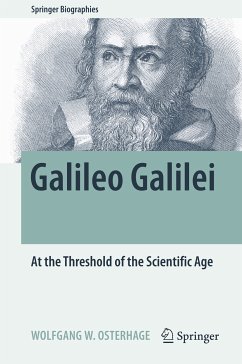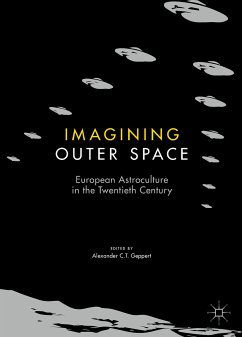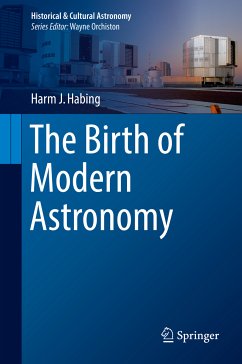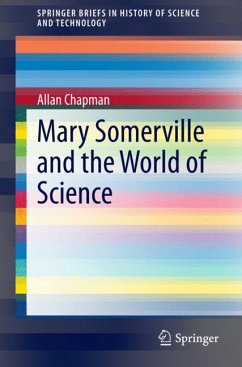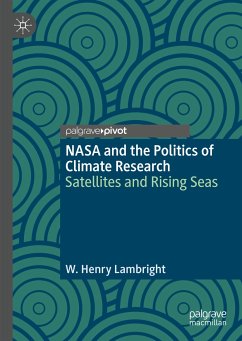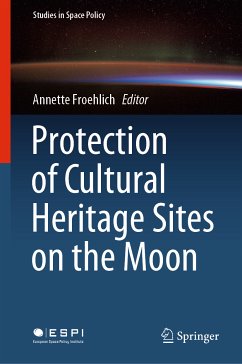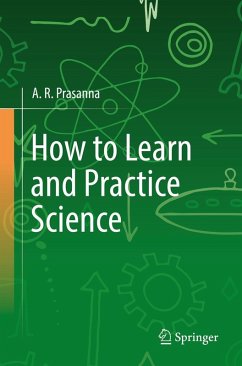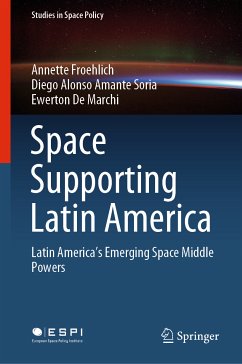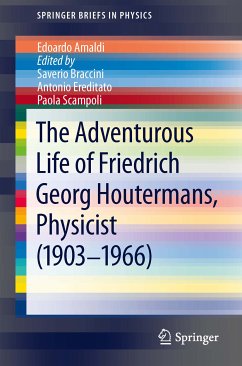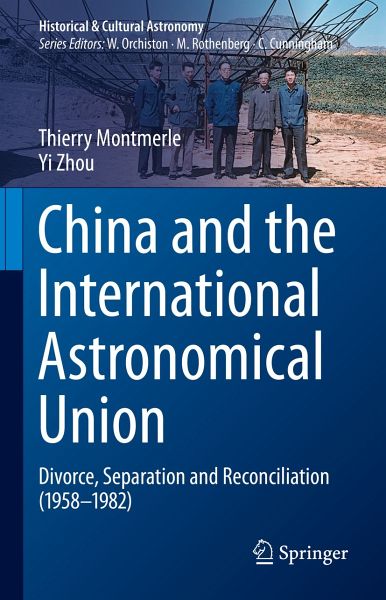
China and the International Astronomical Union (eBook, PDF)
Divorce, Separation and Reconciliation (1958-1982)
Versandkostenfrei!
Sofort per Download lieferbar
104,95 €
inkl. MwSt.
Weitere Ausgaben:

PAYBACK Punkte
52 °P sammeln!
Seen from "inside the IAU," this book tells the in-depth story of a major crisis in which China "divorced" from the International Astronomical Union in 1960 as a protest against the admission of Taiwan. This happened to all the scientific unions at the same time, and to the Olympic Games, which, unexpectedly, would serve as a laboratory for the "reconciliation" which took place following the re-opening of China to the world 20 years later.The so-called "China conflict" is the most important crisis in the post-WWII history of the IAU. Yet, many details about this conflict and its links to broad...
Seen from "inside the IAU," this book tells the in-depth story of a major crisis in which China "divorced" from the International Astronomical Union in 1960 as a protest against the admission of Taiwan. This happened to all the scientific unions at the same time, and to the Olympic Games, which, unexpectedly, would serve as a laboratory for the "reconciliation" which took place following the re-opening of China to the world 20 years later.
The so-called "China conflict" is the most important crisis in the post-WWII history of the IAU. Yet, many details about this conflict and its links to broader geopolitical events have long remained unsettled, obscure, or altogether absent. In particular, the book describes for the first time the "separation" period, which covered the Cultural Revolution, and in which the IAU made desperate official efforts to reach out to China, while some groups of Western and Chinese astronomers managed to keep contact at times. On the occasion of the IAU Centenary celebrations in 2019, the book revisits this painful succession of events using unpublished documents from the IAU Archives and the International Council of Scientific Unions. The book also contains supplementary typescripts of selected handwritten correspondences and the full translation of key original Chinese documents unknown to readers outside China.
What emerges is a complex and fascinating story of human relations and science diplomacy under the shadow of the Cold War. Readers will learn how the 20-year "China conflict" as lived by astronomers and scientists is important not only for the history of the IAU, but also for the history of contemporary China.
"This book is full of so many original documents of the IAU office, very reliable and good to open to the public readers." Shuhua Ye, Shanghai Observatory (IAU Vice-President, 1988-1994)
This book is a companion book to "Astronomers as Diplomats," published at the same time in the same series.
The so-called "China conflict" is the most important crisis in the post-WWII history of the IAU. Yet, many details about this conflict and its links to broader geopolitical events have long remained unsettled, obscure, or altogether absent. In particular, the book describes for the first time the "separation" period, which covered the Cultural Revolution, and in which the IAU made desperate official efforts to reach out to China, while some groups of Western and Chinese astronomers managed to keep contact at times. On the occasion of the IAU Centenary celebrations in 2019, the book revisits this painful succession of events using unpublished documents from the IAU Archives and the International Council of Scientific Unions. The book also contains supplementary typescripts of selected handwritten correspondences and the full translation of key original Chinese documents unknown to readers outside China.
What emerges is a complex and fascinating story of human relations and science diplomacy under the shadow of the Cold War. Readers will learn how the 20-year "China conflict" as lived by astronomers and scientists is important not only for the history of the IAU, but also for the history of contemporary China.
"This book is full of so many original documents of the IAU office, very reliable and good to open to the public readers." Shuhua Ye, Shanghai Observatory (IAU Vice-President, 1988-1994)
This book is a companion book to "Astronomers as Diplomats," published at the same time in the same series.
Dieser Download kann aus rechtlichen Gründen nur mit Rechnungsadresse in A, B, BG, CY, CZ, D, DK, EW, E, FIN, F, GR, HR, H, IRL, I, LT, L, LR, M, NL, PL, P, R, S, SLO, SK ausgeliefert werden.



